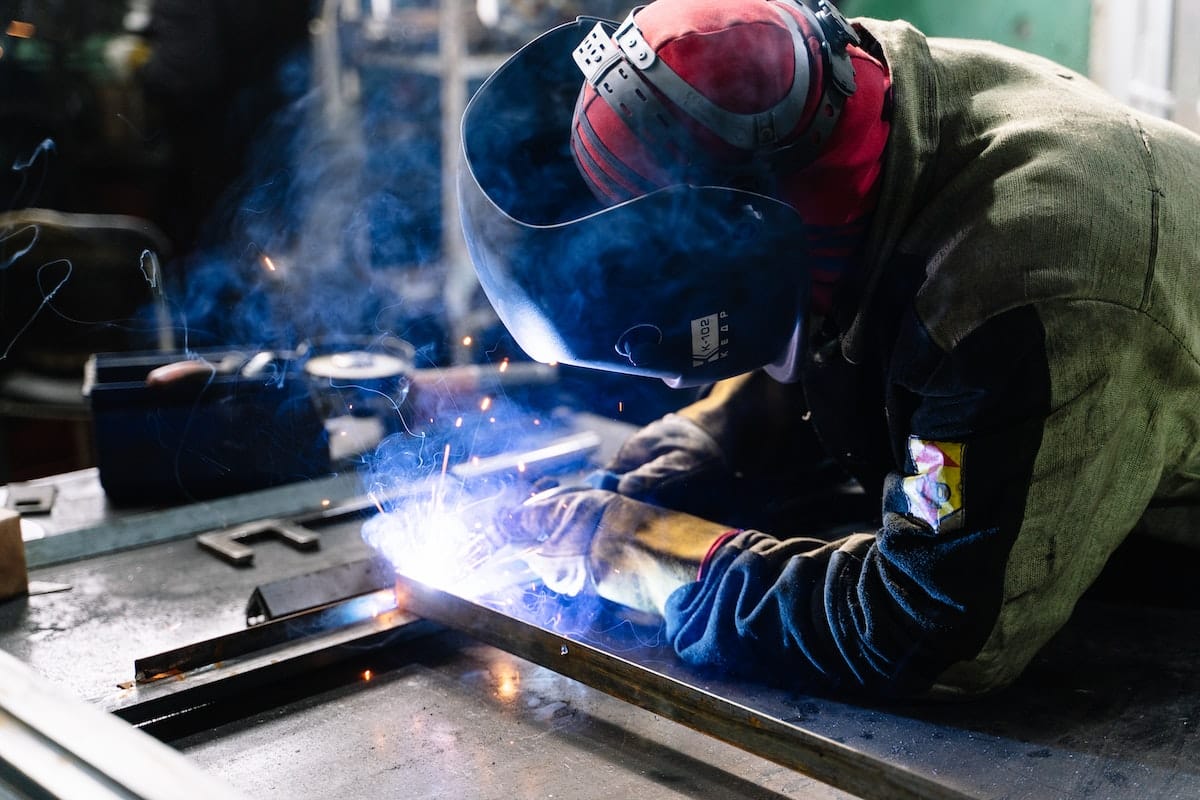
What is a welder and what functions does it perform? Academic training is key to making decisions about the professional future. In fact, when analyzing a FP itinerary or a university degree, it is convenient to pay special attention to the opportunities that it provides to the student. What jobs can someone who completes the entire process apply for?
The job of a welder is one of the trades that is part of the labor market. What preparation does a profile need to specialize in this field? One of the programs that you can study, if you want to perform that role, is Technician in Welding and Boilermaking.
What to study to be an expert in welding
In addition to learning the trade of a welder, the itinerary also offers the necessary foundation to work in the field of carpentry. The student who acquires the degree can focus his job search in different directions. For example, he may work as a tinker. The aforementioned title is made up of 2000 hours of duration that revolve around a very practical methodology. This is stated by the modules that make up the learning itinerary, among which stand out assembly, machining or graphic interpretation.
Regarding the last concept mentioned, keep in mind that the welder has the essential knowledge to understand a specialized representation. The welding sector has its own way of presenting information (a language known to those experts who work in a field that is decisive in the industrial field). For example, a representation shows a description of the steps to follow in a process. A weld map provides key indications that the expert takes into account during the performance of his work.
Although said Vocational Training program offers the necessary qualification to work as a welder, the student can continue completing his curriculum through other courses that provide a higher level of specialization in the long term. The academic title can be oriented towards the search for employment in projects already created. But said preparation can also be aligned with the goal of starting your own business. Thus, the entrepreneurial vision is integrated into the training plan that the student completes.

What is welding for and why is it so practical?
Welding is used to make objects using materials that usually have a metallic finish. The expert joins different elements by linking several pieces that are joined in a uniform way. Through the fusion of the ingredients used, he creates a new composition that has a practical utility. There are numerous skills that the welder exercises during his work. In other words, the work of welding requires, in addition to practical training, patience, constancy, attention to detail and a high degree of precision. Keep in mind that the professional can also use pieces of small size.
Generally, the welder finds work in the industrial field. Consequently, the professional opportunities of the Technician in Welding and Boilermaking are also framed in this context. More specifically, he acquires a good level of employability to join projects specializing in manufacturing or assembly. He also has the know-how to handle product repair tasks. It performs its functions in the field of the carpentry or the boiler shop. That is, their work is integrated into a manufacturing process.
Welding acquires an important relevance in the professional field and in society. Without a doubt, it provides essential resources and tools to prolong the useful life of objects that can be repaired. As we have commented, welding employs metal finishing elements which, consequently, are strong, durable and resistant. Therefore, if you want to work as a welder in your professional career, train to learn the trade.